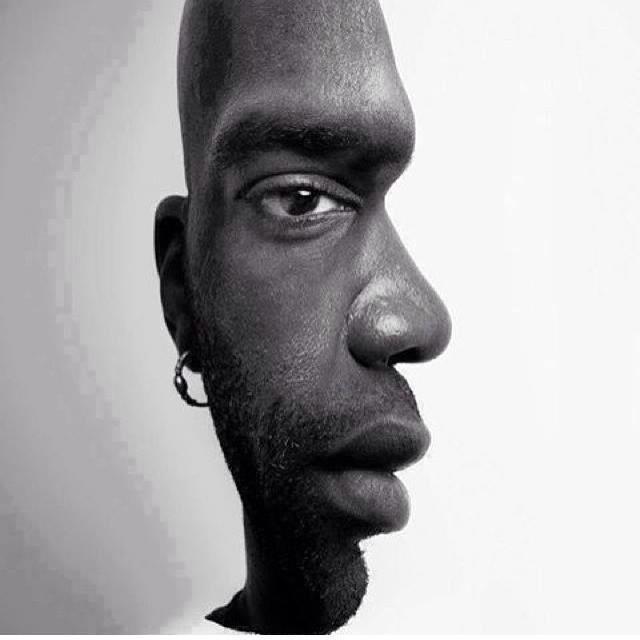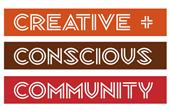 I like having people around that see things differently than I do, but just because it is valuable doesn’t mean it is enjoyable. When I feel inspired in a new and creative concept or project, all I can visualize is what I see in my own head. I need people around that can see what I cannot see. This is because most worthwhile projects are bigger than one person can accomplish. We need each other which is a good thing. Sometimes we don’t think we have anything to offer, but we do, our unique point of view. If we are thinking it, chances are someone else is also but don’t have the confidence to speak up. So go ahead ad your voice to the Well by Nature Community, yours might be just the idea that makes all the difference. Being a lone ranger is lonely, sometimes we get discouraged and burned out with our calling to help others. Being part of a community of like-minded helpers offers encouragement, fellowship and strength in numbers. Oh, and we get to see other points of view that we might not have seen without each other!
I like having people around that see things differently than I do, but just because it is valuable doesn’t mean it is enjoyable. When I feel inspired in a new and creative concept or project, all I can visualize is what I see in my own head. I need people around that can see what I cannot see. This is because most worthwhile projects are bigger than one person can accomplish. We need each other which is a good thing. Sometimes we don’t think we have anything to offer, but we do, our unique point of view. If we are thinking it, chances are someone else is also but don’t have the confidence to speak up. So go ahead ad your voice to the Well by Nature Community, yours might be just the idea that makes all the difference. Being a lone ranger is lonely, sometimes we get discouraged and burned out with our calling to help others. Being part of a community of like-minded helpers offers encouragement, fellowship and strength in numbers. Oh, and we get to see other points of view that we might not have seen without each other!
Tag: Divine wisdom
We are these 3 things
 Not long ago I put myself in a situation where I was challenged to think critically about the future of Well By Nature Health Expo. The Expo came together so effortlessly that we felt like we were surrounded by Grace.
Not long ago I put myself in a situation where I was challenged to think critically about the future of Well By Nature Health Expo. The Expo came together so effortlessly that we felt like we were surrounded by Grace.
After the Expo we were asked by the participants “what now” and we kept asking ourselves the same question until we started getting little clues and serendipitous encounters. We could feel that Grace was still present. I researched business and organisational models in order to find out what was forming in our midst.
The first model is a Business network where only one representative of each service or product is permitted thus named exclusive networks. Members are accepted or rejected through an application process and the dues range from moderate to very expensive. They are governed by chairs and committees that change by terms.
The second model is an association, where membership fees are expensive and everyone in the group is usually in the same field or type of endeavor. They are governed by a board of directors with written bylaws to govern the membership activities.
The third model is a non-profit, that has filed for a tax exemption with strict guidelines for what kinds of activities they can and cannot be involved with. They are governed by a board of directors with a paid director.
With much prayer and trepidation we concluded that we were none of the above. I had heard about alternative or “creative” organisational models on talk shows and in articles so I decided to give it a rest and just let the idea simmer for awhile.
Some time later while shopping at Earth Fare in Knoxville, I was drawn to a small book rack and noticed a hardbound entitled Conscious Business by Fred Kofman. “Conscious business”, explains Kofman, means finding your passion and expressing your essential values through your work. A conscious business seeks to promote the intelligent pursuit of happiness in all its stakeholders. It produces sustainable, exceptional performance through the solidarity of its community and the dignity of each member.
I thought to myself “this certainly is serendipitous and dripping in Grace”
Fred Kofman argues that a conscious organization starts with what matters most to us: a commitment to achieving a vision that exceeds any individual capacities, a vision that connects people in a common effort with genuine meaning. Such commitment is grounded in people taking unconditional responsibility for their situation and for their ways of responding to it.
We then must choose what matters most to each of us – knowing or learning. Real learning opens us to the fear of uncertainty and the embarrassment of incompetence, as well as the vulnerability of needing one another. We begin to see day-to-day work as a continual dance of learning with and from one another, where what we achieve rests on the quality of our conversations – because our working together centers on how we talk, relate, and commit to one another and to our aims.
Kaufman states “Most important, I learned that happiness and fulfillment do not come from pleasure but from meaning, from the pursuit of a noble purpose”. “When we look at an organization from the interpersonal perspective, we examine its ability to create a community that works with solidarity, trust, and respect. The goal is to build a network of collaborative relationships – a community in which people feel included, respected, and enabled to contribute their best. People need to feel accepted, respected, supported, acknowledged, and challenged”.
Well, there it is, a fourth model. I just knew it had to be there somewhere, a creative and flexible model based on collaboration vs competition, principles vs personalities, inclusion vs exclusion open to all points of view even welcoming of challenges.
It gives one a great sense of relief finding out you are not alone. Indeed, it even has a name The Integral Model, and is embraced by Microsoft, Yahoo, Facebook and Chrysler.
I remember when I asked respected mentors to keep questioning us to force us to figure out what category or business model we fell in to. All we knew then is that the answer was “none of the above”. I know now for sure that we are these 3 things. We are Creative, We are Conscious and We are a Community. So be it.
